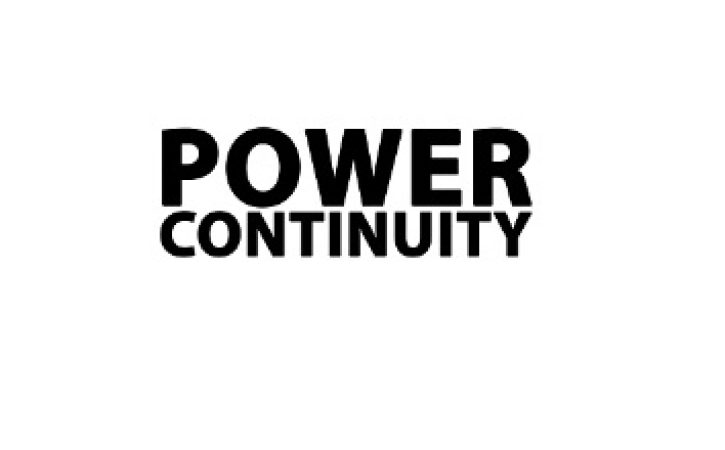
In an era where uninterrupted power supply is critical for businesses, the importance of robust emergency power systems cannot be overstated. Two key components in this realm are generator container and professionally installed emergency power systems. Let’s explore their significance and how they contribute to ensuring business continuity.
- Generator Containers: A Compact Power Solution Generator containers offer a compact and efficient solution for housing backup generators. These containers are designed to protect generators from harsh environmental conditions, ensure proper ventilation, and provide easy access for maintenance and refueling.
The benefits of using generator containers include:
- Space Optimization: Generator containers are designed to maximize space utilization, making them ideal for businesses with limited space for installing standalone generators.
- Weather Protection: The durable construction of generator containers shields the generators from extreme weather conditions, ensuring their reliability and longevity.
- Noise Reduction: Many generator containers are equipped with soundproofing materials to minimize noise emissions, making them suitable for urban areas or noise-sensitive environments.
- Security: Generator containers can be outfitted with security features such as locks and alarms to prevent unauthorized access and safeguard valuable equipment.
- Mobility: Some generator containers are designed for easy transport, allowing businesses to relocate their backup power systems as needed.
- Emergency Power Systems Installed by Professionals Professional installation of emergency power systems is crucial for ensuring their effectiveness and reliability during critical situations. Experienced technicians assess the specific power requirements of a business, recommend suitable emergency power solutions, and handle the installation process with precision and expertise.
The advantages of having emergency power systems installed by professionals include:
- Customized Solutions: Professionals tailor emergency power systems to meet the unique needs of each business, considering factors such as power capacity, load requirements, and backup duration.
- Compliance and Safety: Professional installers adhere to industry standards and regulations, ensuring that emergency power systems are installed safely and in compliance with local codes.
- Testing and Maintenance: Professionals conduct thorough testing and ongoing maintenance of emergency power systems to ensure optimal performance and readiness for emergencies.
- 24/7 Support: Many professional installation providers offer round-the-clock support and emergency response services to address any issues or concerns related to emergency power systems promptly.
- Ensuring Business Continuity Through Integrated Solutions The integration of generator containers and professionally installed emergency power systems offers a comprehensive solution for ensuring business continuity in the face of power outages and emergencies. Here’s how this integrated approach benefits businesses:
- Reliable Backup Power: Generator containers house backup generators, ensuring a reliable power supply during outages and minimizing downtime.
- Protected Equipment: Generator containers protect generators from damage due to environmental factors, ensuring the longevity and reliability of emergency power systems.
- Efficient Installation: Professional installation of emergency power systems ensures proper setup, functionality, and integration with generator containers, maximizing their effectiveness during emergencies.
- Peace of Mind: Businesses can have peace of mind knowing that their emergency power systems are professionally installed, regularly maintained, and ready to activate when needed.
In conclusion, generator containers and professionally installed emergency power systems are essential components of a robust business continuity plan. By investing in these solutions, businesses can mitigate the risks associated with power outages, protect valuable assets, and maintain operations without interruption. It’s not just about having backup power—it’s about having the right infrastructure and expertise in place to safeguard business continuity and resilience.
Category
Subscribe
Subscribe our newsletter for latest news & photos. Let's stay updated!






